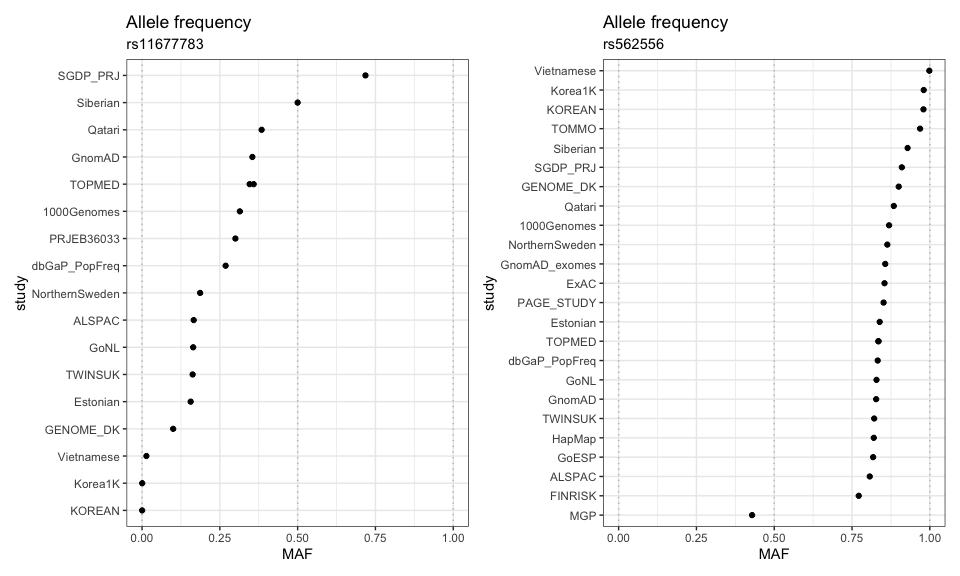Downloading repository snapshots The new snapshot API lets you download a full copy of any CRAN-like repository on r-universe. You can use such a snapshot to mirror the entire CRAN-like repository on your own servers, or for example to build a stable, validated release of your package suite. The API endpoint is simply /api/snapshot and has several options to filter content.
Rogue Scholar Beiträge
I’m thrilled to share that waywiser, my R package focused on providing framework-agnostic (but tidymodels-friendly) methods for assessing models fit to spatial data 1 , has passed peer review and been accepted to rOpenSci.
How packages appear in r-universe Last month we explained how r-universe makes it easy to search and browse through the countless R packages, articles, and datasets to let you discover and learn new things. We are continuously growing this database by adding more R projects, to guide you through everything the R ecosystem has to offer. Currently r-universe is tracking and indexing of over 18.000 R packages.
Finding the right tool for the job The hardest part about effectively using R is finding the best packages for the problem you are trying to solve. I think this is even more important than being fluent in the language itself, which you will pick up along the way as you start using R more frequently. However, building your code on reliable foundations is essential for good results, and difficult to fix later on in a project.
Running your own package registry Tiny update for r-universe users whos run their own package registry: we have changed the preferred git repo name where you host your packages.json registry file. Previously the git repository was simply called universe, i.e. the registry for tiledb-inc.r-universe.dev was in the GitHub repository tiledb-inc/universe.
The rOpenSci suite of packages is mainly composed of packages contributed by the community through peer-review, but also includes some packages maintained by staff.Over time, the commitments and availability of the original developers of a package can change. This leads to some maintainers stepping down from their maintainer role, or other maintainers looking to lower their workload through more teamwork and therefore looking for co-maintainers.
Package yfR recently passed peer review at rOpenSci and is all about downloading stock price data from Yahoo Finance (YF). I wrote this package to solve a particular problem I had as a teacher: I needed a large volume of clean stock price data to use in my classes, either for explaining how financial markets work or for class exercises. While there are several R packages to import raw data from YF, none solved my problem.
In this post I will provide some examples of what has changed between rtweet 0.7.0 and rtweet 1.0.2.I hope both the changes and this guide will help all users.I highlight the most important and interesting changes in this blog post, and for a full list of changes you can consult it on the NEWS. Big breaking changes More consistent output This is probably what will affect the most users.All functions that return data about

TL;DR rsnps is a package that enables the retrieval of single nucleotide polymorphism (SNP) data from the NCBI’s dbSNP database and openSNP by providing wrappers for the APIs. Single nucleotide polymorphisms represent differences at one specific position in a detected biological sequence compared to the reference. ncbi_snp_query() now returns all reported variant allele frequencies in dbSNP in column maf_population in form of a tibble.
I teach R to a lot of scientists, those that are new to science (i.e. students)as well as more established scientists, new to R.I find that after all their struggles of dealing with dates,or remembering where to put the comma, they’re so grateful to actual have an analysis,that they often forget or aren’t aware of the next steps.